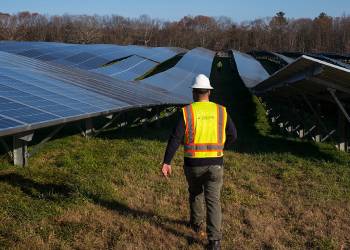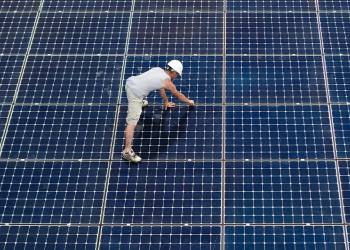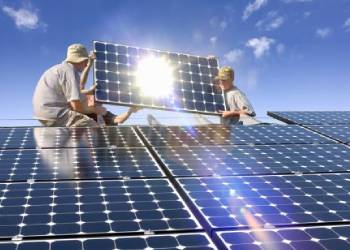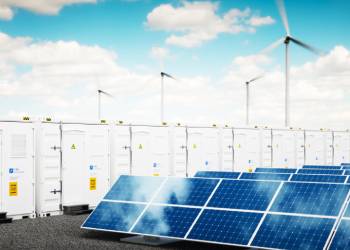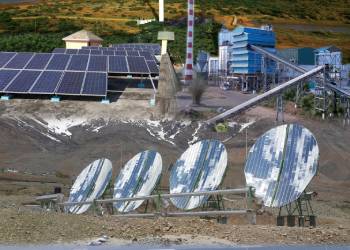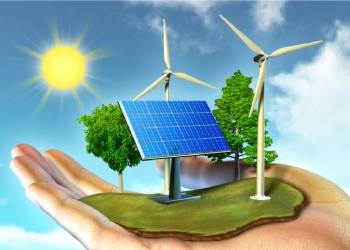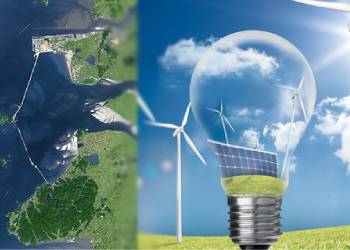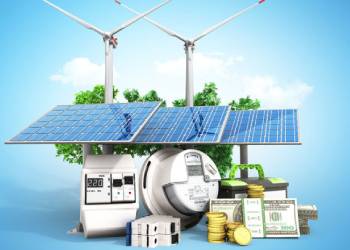
We at Global e-Recycling pvt ltd are fully aware of our expanding obligations in light of the escalating workload. In order to address the growing number of urban mines for natural resources made from scrap electrical and electronic equipment, we are devoted to offering dynamic modules (WEEE).
End-to-end e-waste processing is done at Global e-Recycling pvt ltd's WEEE Recycling facility. Our safe and secure WEEE Recycling process, as the first facility recognised by the Central Pollution Control Board and authorised by the Maharashtra Pollution Control Board, assures complete protection of the environment with the greatest amount of recovery from end-of-life electronic equipment.
Our cutting-edge de-manufacturing line sorts, disassembles, and shreds e-waste using a combination of high-tech automation and manual processing techniques.
Using WEEE Recycling procedures that are ISO 9001, 14001, and OHSAS 18001 certified, Global e-Recycling pvt ltd, a member of the ISRI and the Electronic Recyclers Association (ERA), uses these certifications.
Utilizing technology that was created locally for the recovery of precious metals, we remove valuable components like copper, aluminium, silver, and gold from complex electronic waste. In actuality, only Global e-Recycling pvt ltd has received backing for technology commercialization from the DSIR of the Indian government.
Due to newly released items, the demand for electronic goods has increased dramatically. Due to the emergence of these new products, WEEE, or outdated/unused electronic equipment, has become a problem (Waste Electrical and Electronic Equipments). If not properly disposed of, these WEEE include toxic materials like mercury and lead and can seriously harm the environment. Now that it is well recognised that electrical and electronic equipment poses an immediate threat to the environment if improperly managed, initiatives have been taken to promote scientific WEEE recycling.
Statistics reveal that there are millions of tonnes of electronic garbage produced each year, which is an issue for the entire world. With the aid of hand held tools like hammers, screwdrivers, cutters, and burners over and above acid, the unorganised sector practically completely and openly dismantles the electronic and electrical equipment (WEEE) that India produces each year, rendering the hazardous material unhandled and defeating the main goal of WEEE recycling.
On the other hand, the organised sector makes use of WEEE recycling, a modern and environmentally friendly technology that not only safeguards the stakeholders' health but also recovers the majority of the resources used to create the product. A plug or battery-operated piece of equipment can be recycled utilising WEEE recycling. WEEE recycling properly handles all forms of outdated electrical equipment, including lighting, refrigerators, and IT. Containers for WEEE recycling are also used to store rubbish to keep it secure. Due to the fact that the majority of these components are composed of resellable and recyclable materials, WEEE recycling is economically viable as long as the necessary amount of WEEE is available. Despite the nearly risk-free WEEE recycling of e-waste that modern technology enable, care must be taken.

